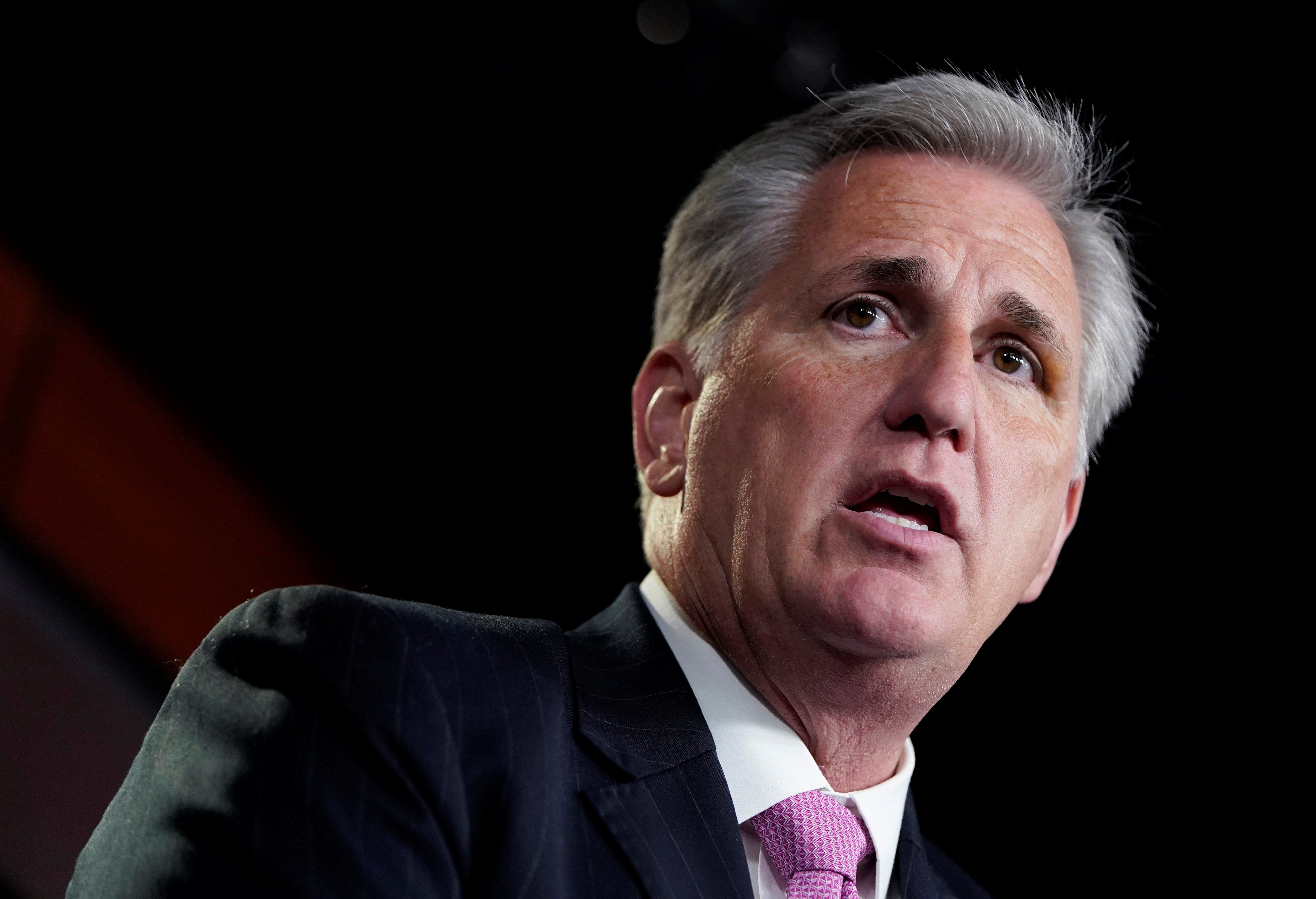Late Tuesday, the US Senate agreed to a bipartisan temporary funding plan in a bid to avoid a government shutdown on Sunday. The agreement would guarantee Ukraine funding by tying it to domestic disaster relief – a cause even Ukraine-wary Senate Republicans were reluctant to vote against.
Trouble is, it is unlikely to pass in the House. Speaker Kevin McCarthy would need to rely on Democratic votes for it to pass, risking a party backlash, and far-right Republicans are threatening to push for his removal if he brings it to the floor.
The chances of a last-minute deal are high. McCarthy’s position is just as threatened by a shutdown as it is by his far-right caucus, so he is expected to eventually call for a House vote on a bipartisan bill.
Even if legislators do miss the deadline, any shutdown is expected to be brief and relatively painless because Republican leaders want to avoid the political costs of a prolonged shutdown and protect their leverage going into end-of-year funding negotiations.
This is just the warm-up for the real funding fight. At the end of the year, funding battles have the potential to cause a prolonged shutdown or a potential 1% cut to all federal spending if a deal isn’t reached.